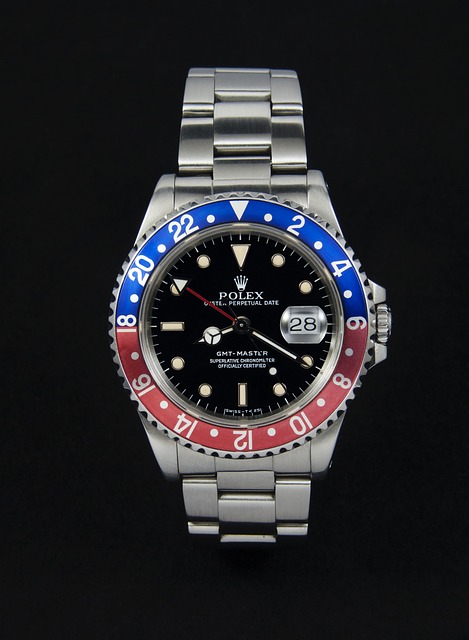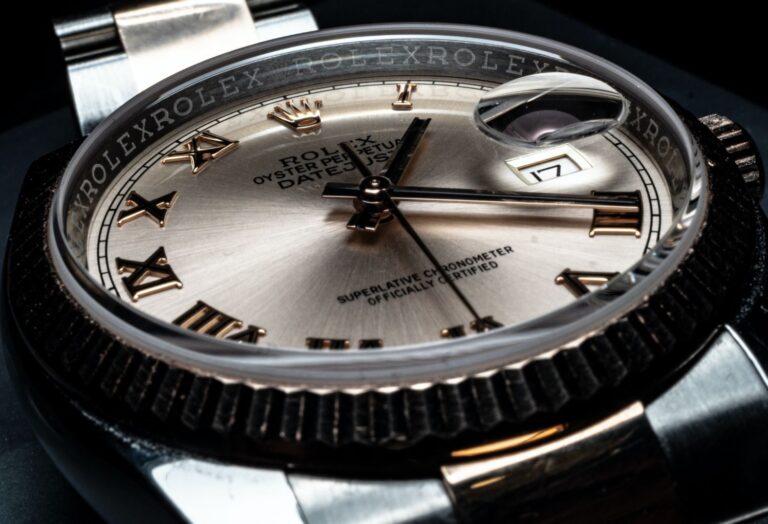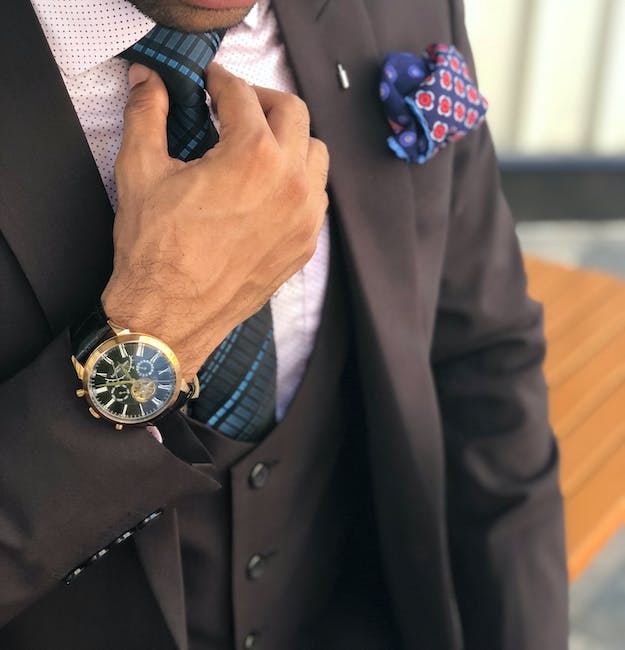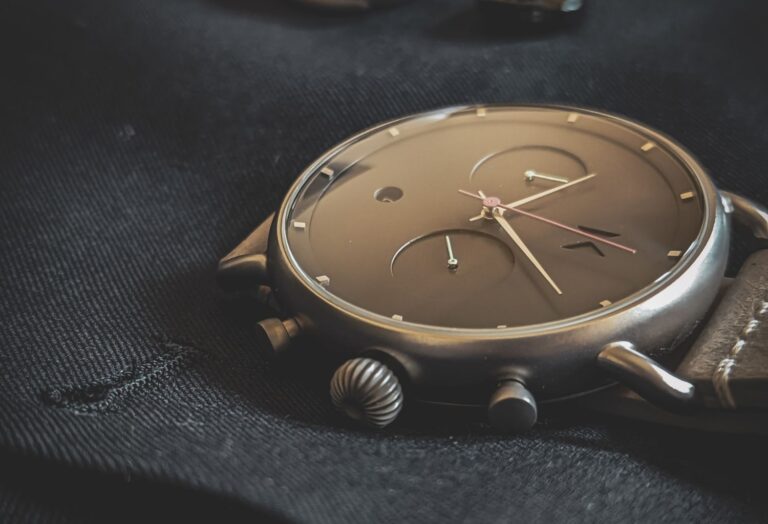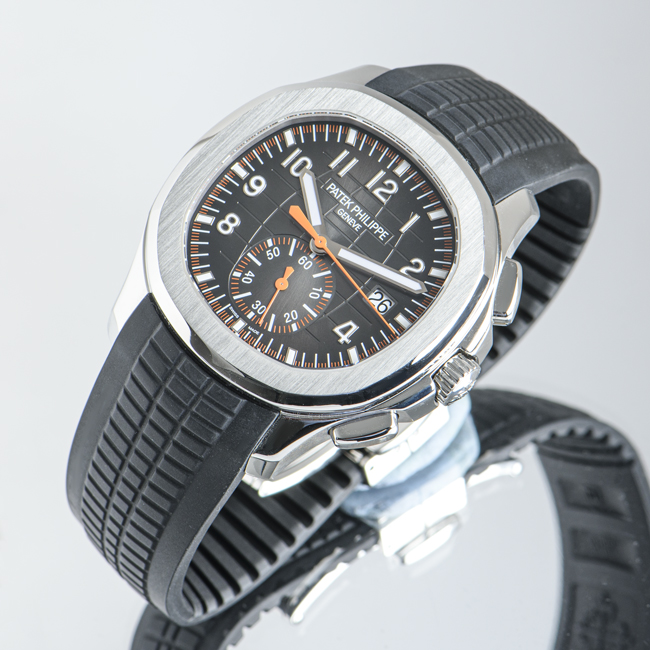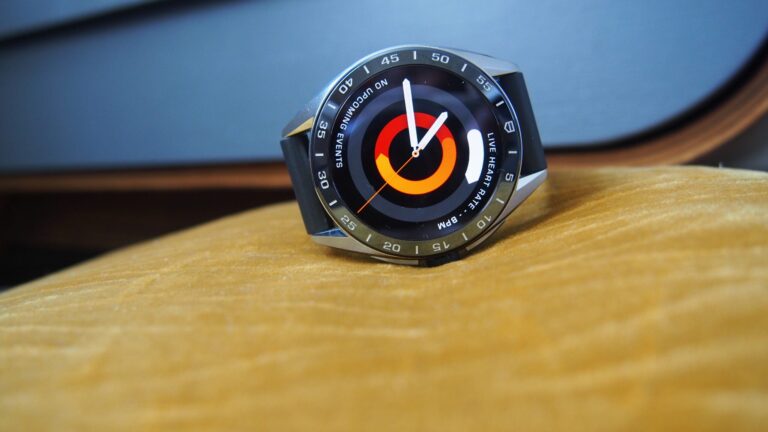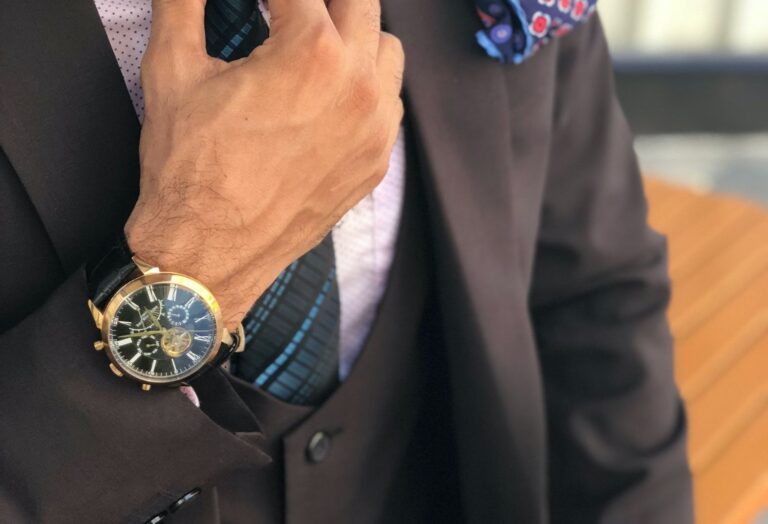Should I Wear My Rolex to a Job Interview
In the ever-evolving world of job interviews, where first impressions hold immense weight, one question frequently pops up in our minds: “Should I wear my Rolex to a job interview?” It’s an inquiry that raises a myriad of perspectives and considerations, provoking self-reflection and an evaluation of the dos and don’ts. While the answer may not be a simple ‘yes’ or ‘no,’ exploring this dilemma will undoubtedly shed light on the potential impact of wearing such a timepiece during a critical professional encounter. So, let’s take a closer look at the intricacies of this perplexing situation and navigate the decisions that await us.
Table of Contents
- Is it Appropriate to Wear a Rolex to a Job Interview?
- Consider the Impression it Creates
- The Significance of Timing and Industry
- The Impact on the Interviewer’s Perception
- Striking a Balance between Confidence and Humility
- Recommended Approach for Wearing a Rolex to a Job Interview
- FAQs
- Wrapping Up
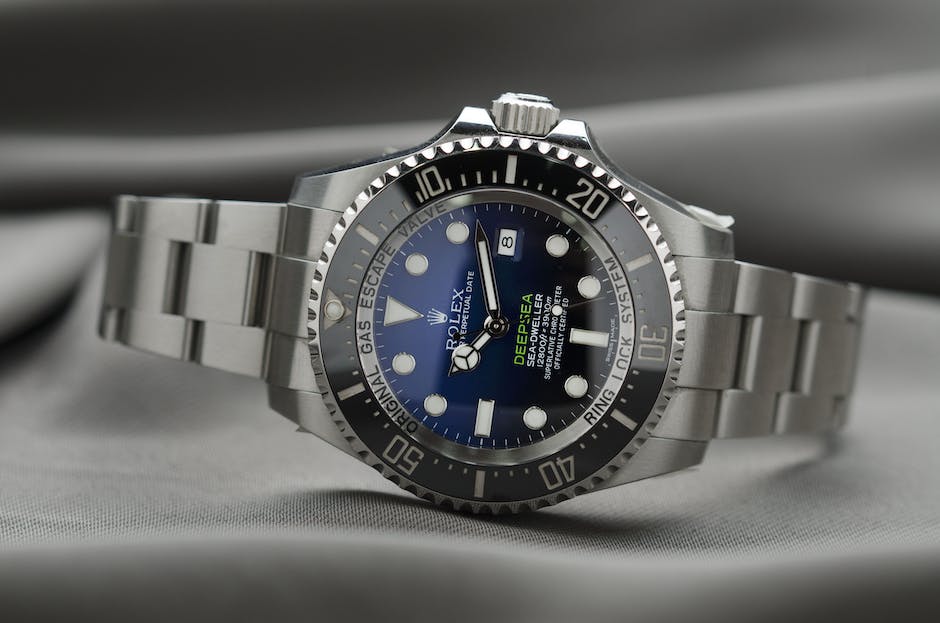
Is it Appropriate to Wear a Rolex to a Job Interview?
When it comes to job interviews, the choice of attire can play a significant role in making a good impression. While wearing a Rolex to a job interview might appear elegant and stylish, it begs the question of whether it is appropriate or not. Let’s delve into this topic and explore the factors you should consider before deciding to wear a Rolex to a job interview.
1. Industry and company culture: Take into account the nature of the industry and the company you are interviewing with. Certain industries, such as finance or luxury retail might place importance on status symbols like luxury watches. On the other hand, traditional industries or companies with a more conservative culture might view an ostentatious timepiece as a display of wealth rather than a sign of professionalism.
2. Job position and level of formality: Consider the position you are applying for and the level of formality associated with it. For high-level executive positions or client-facing roles, wearing a luxury watch like a Rolex can convey a sense of success and attention to detail. However, for entry-level or more casual job positions, it may be perceived as excessive or inappropriate.
3. Personal brand and values: Ultimately, it’s important to align your personal brand and values with that of the company you are interviewing with. If wearing a Rolex is part of your personal style and you believe it represents who you are and your accomplishments, then it might be appropriate to showcase your unique identity. However, if it feels unnatural or shows a lack of understanding of the company’s culture, it might be best to opt for a more understated timepiece.
Remember, the goal of a job interview is to make a positive impression and demonstrate your qualifications. While a Rolex can be a symbol of success, it is crucial to assess whether wearing one would be well-received in the specific context of your job interview. Ultimately, it is always better to err on the side of professionalism and conservatism when it comes to choosing your interview attire.
Consider the Impression it Creates
When it comes to making a lasting impact, don’t underestimate the power of first impressions. , and you’ll soon realize how crucial it is to pay attention to the details. Whether it’s a job interview, a business meeting, or even a social gathering, the impression you create can shape the way others perceive you.
Now, let’s delve into why it’s essential to consider the impression you make. Firstly, it can determine whether or not you establish a strong connection with others. When you present yourself in a confident and approachable manner, people are more likely to feel comfortable and drawn to engage with you. Dressing appropriately for the occasion, maintaining good posture, and making eye contact are small yet impactful ways to leave a positive impression. Remember, first impressions are often formed quickly, so it’s important to be mindful of your body language and overall demeanor.
Additionally, the impression you create can greatly influence how others perceive your credibility and competence. People tend to judge others based on appearance, so it’s crucial to present yourself in a professional and well-groomed manner. Ensure that your attire is appropriate for the setting, avoiding clothing that may appear too casual or sloppy. Punctuality is also key, as arriving on time shows respect for others and demonstrates your commitment. By paying attention to these details, you can create a favorable impression that showcases your professionalism and dedication.
In conclusion, never underestimate the impact of the impression you create. From making connections to establishing your credibility, the way you present yourself can greatly influence how others perceive you. Take the time to consider the impression you want to make and make conscious efforts to align your appearance and demeanor accordingly. Remember, a strong first impression can open doors and lay the foundation for successful interactions. So, always be mindful of the impression you create and aim to leave a lasting positive mark on those you encounter.
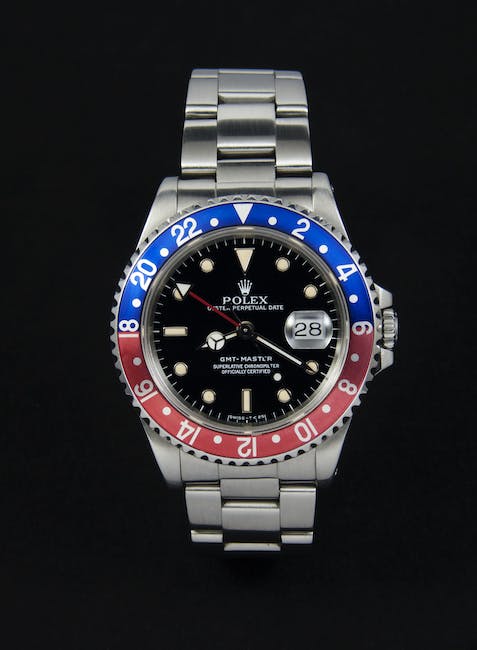
The Significance of Timing and Industry
Timing and industry are two key factors that can greatly influence the success or failure of any endeavor. When it comes to making significant strides in your chosen field, being in the right place at the right time can make all the difference. Timing, in this context, refers to the opportune moment when external circumstances align with your goals, allowing you to seize valuable opportunities. Industry, on the other hand, pertains to the specific sector or field in which you operate.
The significance of timing lies in the fact that it can either propel you forward or hold you back. If you embark on a venture too early, you may find yourself met with resistance or a lack of demand. Conversely, entering a market too late may result in intense competition and an uphill battle for success. Therefore, it is crucial to carefully assess the timing before launching a new product, starting a business, or pursuing any major endeavor. By closely monitoring trends, consumer behavior, and economic indicators, you can gauge the optimal time to make your move.
As for industry, understanding its significance means recognizing that each sector has its own unique dynamics, challenges, and opportunities. For instance, the technology industry is characterized by rapid innovation and constant evolution, making timing particularly crucial. On the other hand, the healthcare industry is driven by societal needs and demographics, necessitating a deep understanding of the specific healthcare landscape. By immersing yourself in the intricacies of your chosen industry, you can better anticipate market trends, stay ahead of the competition, and make informed strategic decisions. So, whether you are an entrepreneur, professional, or simply an enthusiast, never underestimate in your pursuit of success.
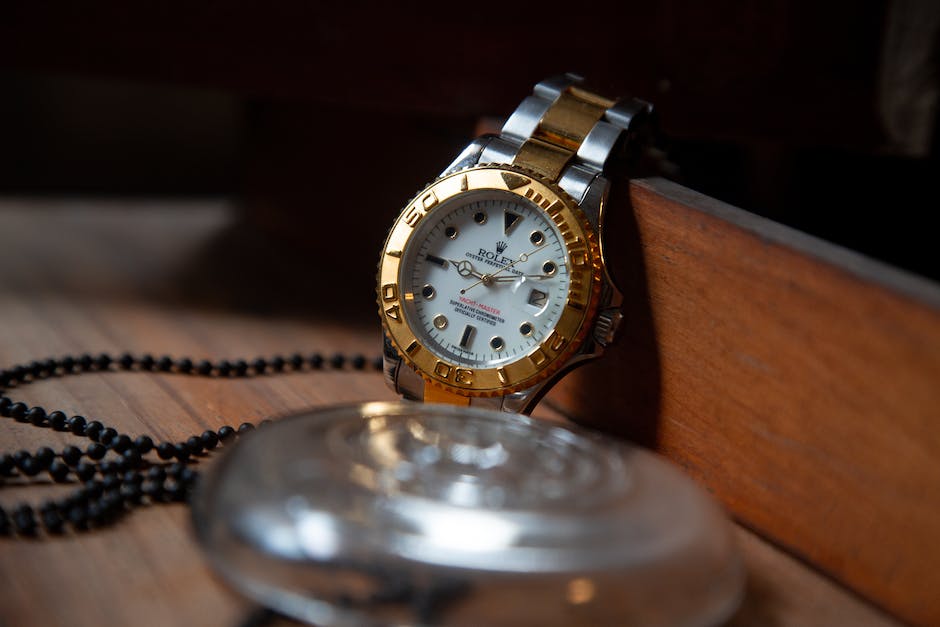
The Impact on the Interviewer’s Perception
The way an interviewer perceives a candidate can greatly influence their hiring decision. It is crucial to understand the impact that these perceptions can have on the overall outcome of an interview. One major factor that affects the interviewer’s perception is the candidate’s body language. Subtle cues such as maintaining eye contact, sitting up straight, and using gestures can convey confidence and professionalism. On the other hand, fidgeting, avoiding eye contact, or slouching can create the impression of nervousness or disinterest. Therefore, it is essential for candidates to be aware of their body language during an interview and make conscious efforts to project a positive image.
Another important aspect that shapes the interviewer’s perception is the way a candidate communicates. Clear and concise communication skills are highly valued by employers. Candidates who are able to articulate their thoughts effectively and provide well-structured answers are more likely to leave a positive impression. It is essential to avoid using jargon or overly technical language, as this can create confusion or give the impression of arrogance. Additionally, active listening skills are equally important, as this demonstrates attentiveness and interest in the conversation. Engaging in effective communication not only showcases the candidate’s abilities but also builds rapport with the interviewer, leaving a lasting impression.
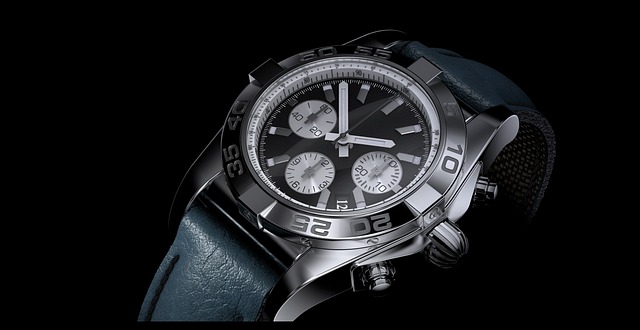
Striking a Balance between Confidence and Humility
A delicate dance between confidence and humility is crucial to navigating through life’s challenges. Striking the right balance allows us to embrace our strengths, acknowledge our limitations, and grow both personally and professionally. Confidence propels us forward, empowering us to take risks, seize opportunities, and rise above obstacles. It is the unwavering belief in our abilities and the trust we place in ourselves to accomplish our goals and dreams. Confidence sparks determination and inspires others to have faith in our abilities too. Embrace your confidence and let it fuel your aspirations!
On the other hand, humility serves as a grounding force, keeping our ego in check and fostering a sense of gratitude and respect towards others. It enables us to appreciate the contributions of those around us, fostering strong relationships and teamwork. Humility allows us to learn from our mistakes, acknowledge our imperfections, and continuously strive for self-improvement. It is the quality that keeps us humble in the face of success, reminding us that there is always room for growth and learning. Embrace humility as a tool for personal growth and self-reflection.
To maintain a harmonious balance between confidence and humility, it is vital to remember these key points:
1. Self-reflection: Regularly take time to assess your strengths, weaknesses, and areas of improvement.
2. Celebrate achievements: Allow yourself to acknowledge and celebrate your successes without losing sight of the journey it took to get there.
3. Embrace feedback: Welcome constructive criticism as an opportunity for growth and self-improvement.
4. Gratitude: Practice gratitude by recognizing and appreciating the invaluable contributions of others towards your success.
5. Continual learning: Stay curious, seek knowledge, and strive to expand your skillset and understanding.
Remember, confidence and humility are not opposing forces but two sides of the same coin. Embrace both qualities to cultivate a balanced and empowered mindset that will lead you towards achieving your full potential.

Recommended Approach for Wearing a Rolex to a Job Interview
When it comes to wearing a Rolex to a job interview, it’s important to strike the right balance between professionalism and personal style. Here’s a recommended approach to ensure your Rolex enhances your image without overpowering it.
1. Research the Company Culture: Before you decide to wear your Rolex, do some research on the company’s dress code and overall culture. If the work environment is more formal or conservative, it may be best to opt for a simpler watch that doesn’t draw too much attention. However, if the company is known for its stylish and upscale atmosphere, wearing your Rolex can subtly showcase your refined taste.
2. Choose an Appropriate Rolex Model: Not all Rolex watches are created equal, and some are more suitable for job interviews than others. Consider selecting a classic model that exudes timeless elegance, such as the Rolex Datejust or Submariner. These timepieces, with their refined designs and understated luxury, can give off an air of sophistication without appearing ostentatious.
3. Keep it Simple and Subtle: When it comes to accessorizing with a Rolex, less is often more. Opt for a metal or leather strap that is in line with the watch’s original design, avoiding overly flashy or colorful options. Additionally, steer clear of excessive engravings or diamond embellishments that can detract from a professional appearance. Remember, the focus should be on your skills and qualifications, not your accessories.
4. Maintain a Clean and Polished Appearance: A Rolex watch reflects not just your personal style, but also your attention to detail. Make sure your watch is clean and well-maintained, as a dirty or tarnished timepiece can give off an unprofessional impression. Regularly clean the dial, case, and bracelet to keep your Rolex looking its best.-
FAQs
FAQs: Should I Wear My Rolex to a Job Interview?
Q: Should I wear my Rolex watch to a job interview?
A: Wearing a Rolex watch to a job interview can send mixed signals. While it might demonstrate a sense of personal success and style, it could also be perceived as ostentatious or overly focused on material possessions, potentially distracting from your qualifications and fit for the role. Choosing for a more conservative and professional accessory would likely be a safer choice to ensure your skills and demeanor take center stage during the interview.
Q: What positive implications can wearing a Rolex have?
A: Wearing a Rolex can subtly convey success, ambition, and a sense of attention to detail. It might make you appear polished and well put together.
Q: What negative implications can wearing a Rolex have?
A: Wearing a high-end luxury watch like a Rolex might make you seem ostentatious, overly materialistic, or out of touch with the company culture. Some employers might consider it a distraction or view it as a sign that you value material possessions over professional qualities.
Q: So, should I wear my Rolex or not?
A: It depends on the company culture and the job position you’re applying for.
Q: What factors should I consider before deciding to wear my Rolex?
A: Consider the industry, company size, and the type of job you’re interviewing for. Research the company’s dress code and observe the overall attire of its employees. Additionally, analyzing the role you’re applying for is crucial. If the position involves client interactions or sales, wearing a Rolex might be more acceptable than for an entry-level administrative role.
Q: Is it possible that wearing my Rolex could be a deal-breaker in a job interview?
A: Yes, it’s possible. Some employers may form judgments based on your choice of accessories rather than focusing on your qualifications and potential. It could potentially impact their perception of you as a fit for their company.
Q: What can I do if I’m still unsure about wearing my Rolex?
A: If you’re uncertain, it’s better to err on the side of caution. Opt for a more conservative watch or jewelry that is discreet, yet elegant. This way, you can still make a positive impression without raising eyebrows.
Q: Is it better to play it safe and not wear a Rolex?
A: In most cases, it’s safer to choose a more conservative approach and not wear a Rolex. Focus on presenting yourself as a qualified and professional individual, rather than relying on material possessions to make an impression.
Q: Can I bring up my Rolex during the interview?
A: It’s generally not recommended to mention your Rolex during the interview unless directly asked about it. Shift the focus towards your relevant skills, experience, and passion for the job.
Q: What if the employer asks about my Rolex?
A: Answer honestly but tactfully. You can say that you appreciate fine craftsmanship and are proud of your personal achievements, but ultimately, you are focused on the opportunity to contribute your skills and expertise to the company.
Remember, in the end, it’s better to prioritize your qualifications and professionalism over flaunting luxury items during a job interview.
Closing Remarks
In conclusion, whether or not you should wear your Rolex to a job interview ultimately comes down to the nature of the job and the company culture. While a luxury watch may showcase your success and status, it could also be perceived as showy or excessive in certain professional settings. It’s crucial to consider the impression you want to make on your potential employer and colleagues. Opting for a more conservative and understated accessory might be a safer choice if you’re unsure. Remember, it’s always better to err on the side of caution when it comes to choosing your attire for an interview. Good luck!

